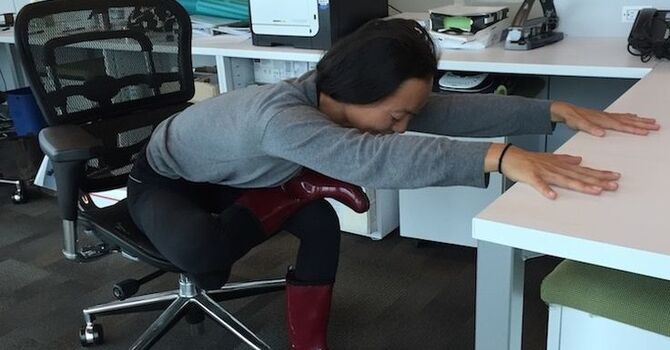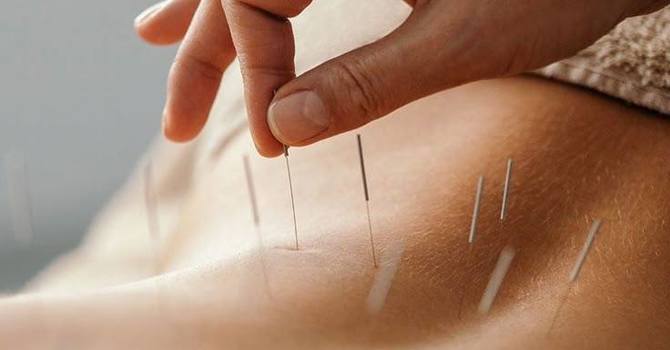Seasonal Affective Disorder (SAD), often called seasonal depression, affects millions of Americans each year — especially in regions like the Pacific Northwest, where daylight is limited during winter months.
While light therapy, nutrition, and exercise are well-known ways to manage SAD, integrative care options such as chiropractic care, massage therapy, and acupuncture can also play a valuable role in improving mood and overall well-being.
1. Chiropractic Care: Supporting the Nervous System
Your spine plays a key role in how your body regulates stress and mood. When spinal joints are restricted, the resulting tension can contribute to fatigue, poor sleep, and low energy — all common symptoms of seasonal depression.
Regular chiropractic adjustments may help:
- Improve nervous system communication and hormone balance.
- Reduce muscle tension and headaches associated with stress.
- Support better sleep quality and energy levels.
In fact, research suggests that spinal adjustments may positively affect brain function and the body’s stress response, helping patients feel calmer and more balanced throughout the day.
2. Massage Therapy: Reducing Stress Hormones and Boosting Serotonin
Massage isn’t just about relaxation — it’s a proven way to reduce symptoms of anxiety and depression. Studies show that massage therapy can lower cortisol (the stress hormone) while increasing serotonin and dopamine, which are key neurotransmitters involved in mood regulation.
During the darker months, regular massage can:
- Promote relaxation and reduce anxiety.
- Improve circulation and reduce muscle pain caused by tension.
- Encourage deeper, more restorative sleep.
It’s an effective, natural way to ease both the physical and emotional effects of stress that often worsen in winter.
3. Acupuncture: Balancing Energy and Regulating Mood
Acupuncture, an ancient practice rooted in Traditional Chinese Medicine, helps restore balance in the body by stimulating specific points to improve energy flow (Qi). Modern research also supports acupuncture’s ability to influence mood-regulating neurotransmitters such as serotonin and endorphins.
Regular acupuncture treatments may:
- Reduce symptoms of depression and anxiety.
- Improve sleep and energy levels.
- Support overall emotional balance through the winter months.
Patients often describe feeling lighter, calmer, and more grounded after a session — making acupuncture an excellent complementary therapy for seasonal mood changes.
Supporting Your Mental Health Naturally
If you notice your mood dipping during the darker months, you’re not alone — and there are ways to support your body naturally. Chiropractic care, massage therapy, and acupuncture each address the mind-body connection in unique ways, helping you move through the season feeling more centered and resilient.
Sources:
- Haavik, H. & Murphy, B. (2012). The role of spinal manipulation in motor control and sensorimotor integration. Frontiers in Human Neuroscience.
- Field, T. (2014). Massage therapy research review. Complementary Therapies in Clinical Practice, 20(4), 224-229.
- Moyer, C.A. et al. (2011). Does massage therapy reduce cortisol? A comprehensive quantitative review. Journal of Bodywork and Movement Therapies, 15(1), 3-14.
- Zhang, Z.J. et al. (2010). Acupuncture for the treatment of depression: A systematic review and meta-analysis of randomized controlled trials. PLoS ONE, 5(6), e9926.

admin
Contact Me



